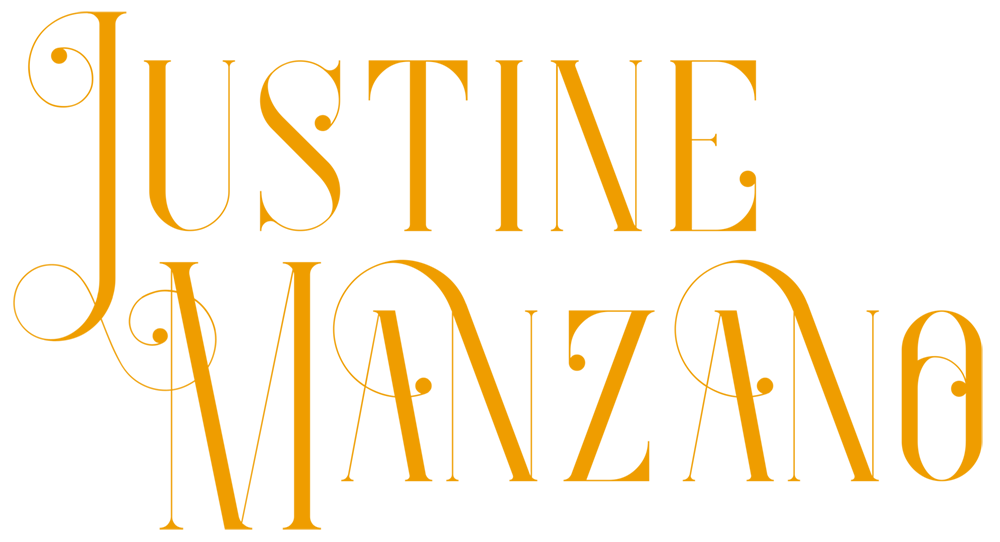
Book Summary: Below is the jacket copy for the first book of the duology, This Savage Song. I will not include a summary for Our Dark Duet, because that would be spoilery as all get out.
Kate Harker wants to be as ruthless as her father. After five years and six boarding schools, she’s finally going home to prove that she can be.
August Flynn wants to be human. But he isn’t. He’s a monster, one that can steal souls with a song. He’s one of the three most powerful monsters in a city overrun with them. His own father’s secret weapon.
Their city is divided.
Their city is crumbling.
Kate and August are the only two who see both sides, the only two who could do something.
But how do you decide to be a hero or a villain when it’s hard to tell which is which?
Corsai, Corsai, tooth and claw,
Shadow and bone will eat you raw.
Malchai, Malchai, sharp and sly,
Smile and bite and drink you dry.
Sunai, Sunai, eyes like coal,
Sing you a song and steal your soul.
Monsters, monsters, big and small,
They’re gonna come and eat you all.
What I enjoyed: I have to really stop and think about this, because on a knee jerk, I want to think I enjoyed everything, but I want to be more specific. This was definitely a novel that swept me up and through me through the dryer in the best possible way, so I’m still a little dizzy over it. Okay, deep breaths.
For starters, the characters–generally my favorite part of the book, I loved these characters. Kate was difficult to love, and at first you kind of loved to hate her, but by the end of her arc, I was blown away by her. She was a complex and truly wonderful character. August was a character I loved from the beginning, but his journey was a gripping ride, as he came to terms with who he was, what his role could be and what it should be. The villains ran the gamut between disturbing (the monsters) and oddly understandable and still disturbing (the human villains).
The mythology of this world was surprising and inventive. The monsters here are born of violent acts, meaning each act of brutal violence creates a monster. Dealing with your own demons is a big theme in this book. I was intrigued by the breakdown of differences between the monsters, and the creation of the war-divided city of Verity. I applauded her use of music as a way to draw forth a soul for devouring in the Sunai. This was a completely unique monster concept to me, and I loved the way this played out, especially in the end. The writing in itself is downright poetic. Like the music from August’s violin, it drags you in and holds you in its comforting lull or pulls you into pieces, depending on the moment.
The tone of the story was another lovely point. It was gritty and real and lived in. No punches pulled.
What I’d avoid:
There were a couple of things I didn’t love about the story, although they definitely weren’t as prevalent as the things I did. Schwab delivered a new and inventive world, and I understood that she wanted to leave some room for speculation, but there were a couple of threads I felt were left hanging. Things like “what happened to the US to create a city like Verity?” or “What happened to certain characters Kate and August weren’t able to maintain contact with?” just kind of never get answered, even though they felt like they would be. They aren’t integral to the plot, but it nagged me a little bit. Bigger questions, like “why are the Sunai SO DIFFERENT from other monsters, and from each other?” could have been purposely left open as something for the reader to suss out and theorize about, but I felt a few more clues would have been very much appreciated.
Would I recommend it:
I actually just did. I hope my husband is enjoying his audiobook of it right now! And I will continue to. I really enjoyed this story.
What can I learn from it:
I’ve been struggling with the bittersweet ending of one of my novels, wondering if I’d gone the right way with it. The Monsters of Verity series, along with its popularity, made me feel much better about this choice in my work. It also helped me trudge forward without fear in my latest work, which does have a gritty backdrop and a slightly selfish heroine. This story is a class in “Write what the story wants, the rest will fall in place” and I love that.
Despite my few tiny gripes, this series had me from the very first line and held me. And, it helpfully works as an addition to my list of comp titles. One of my favorite things about looking for comp titles is discovering new authors and new stories. Have any of you ready This Savage Song and Our Dark Duet? Any recommendations of similar books?
